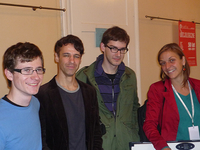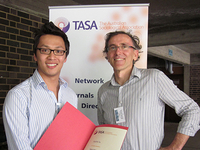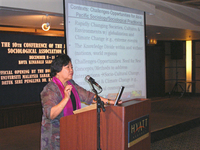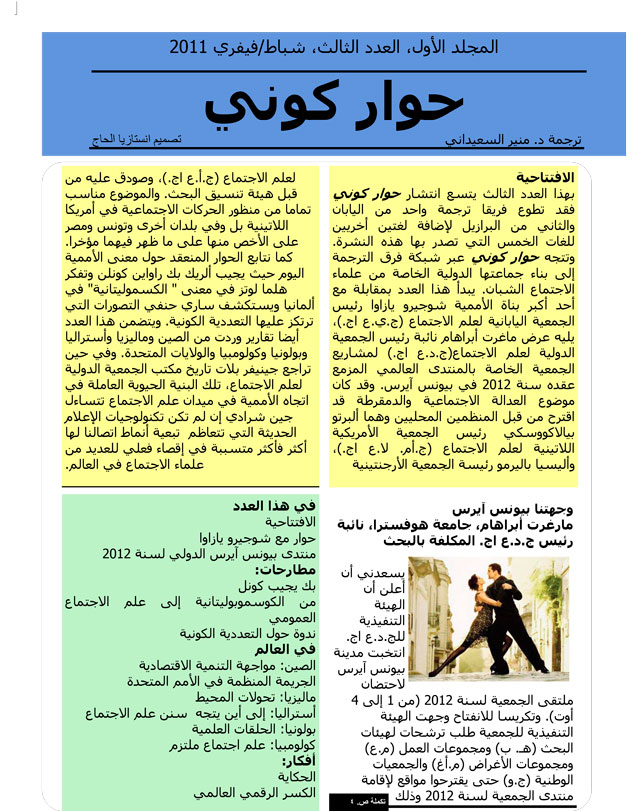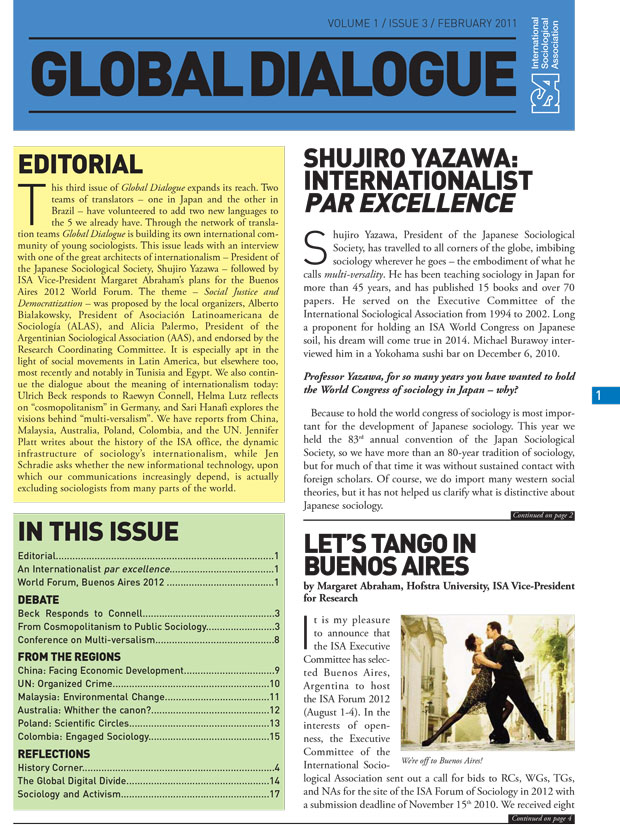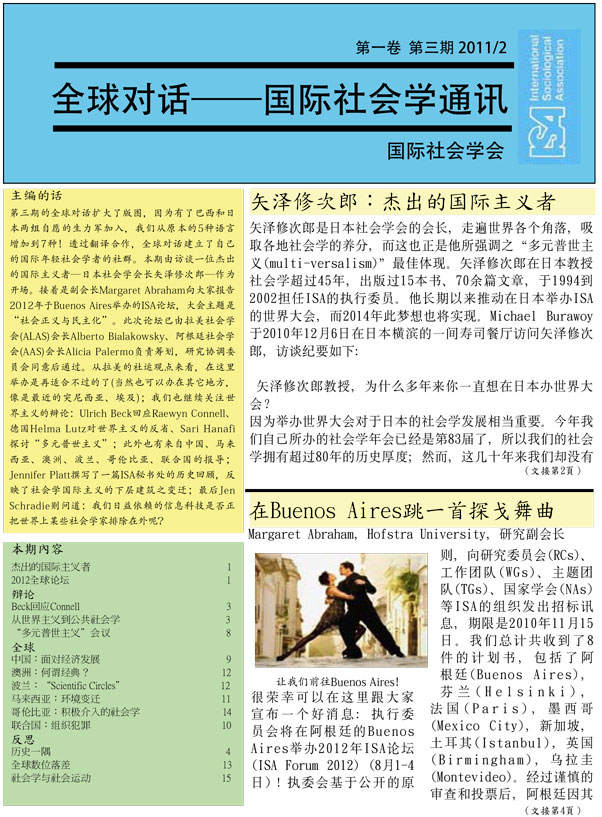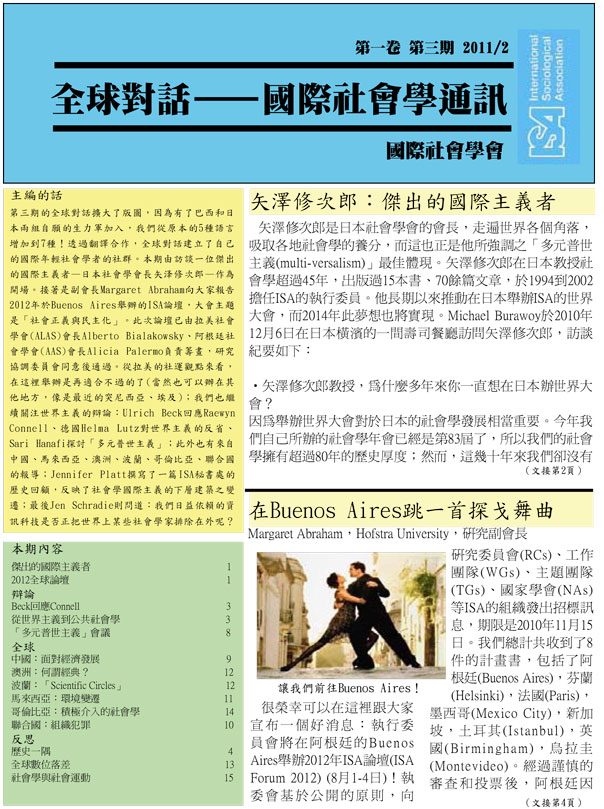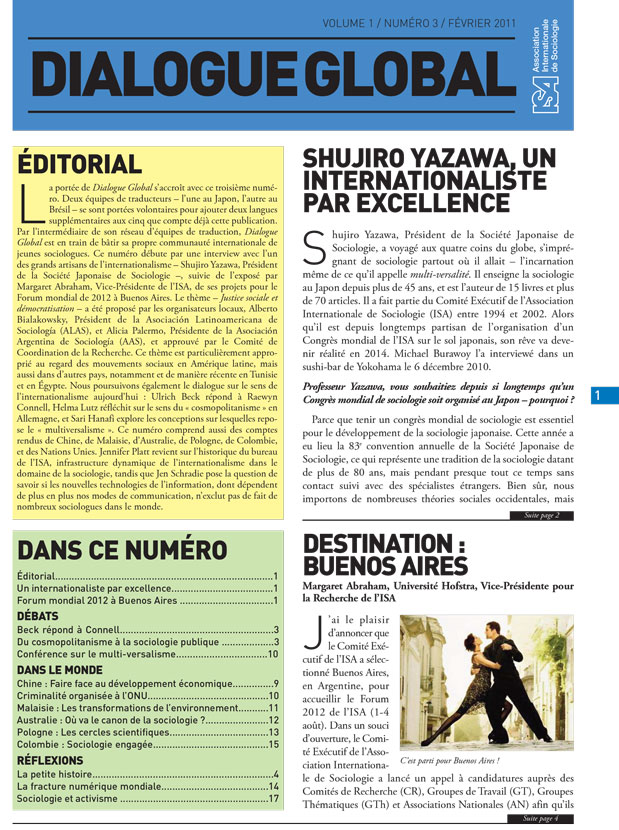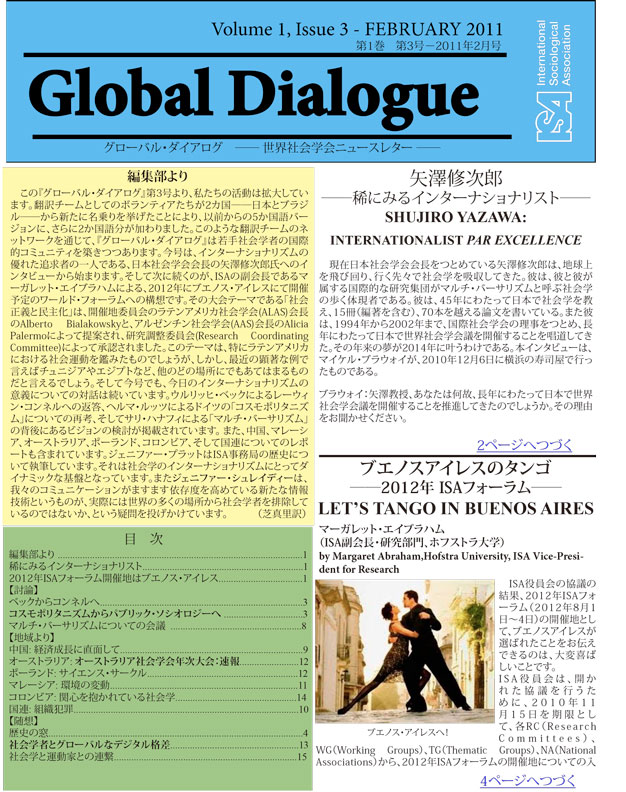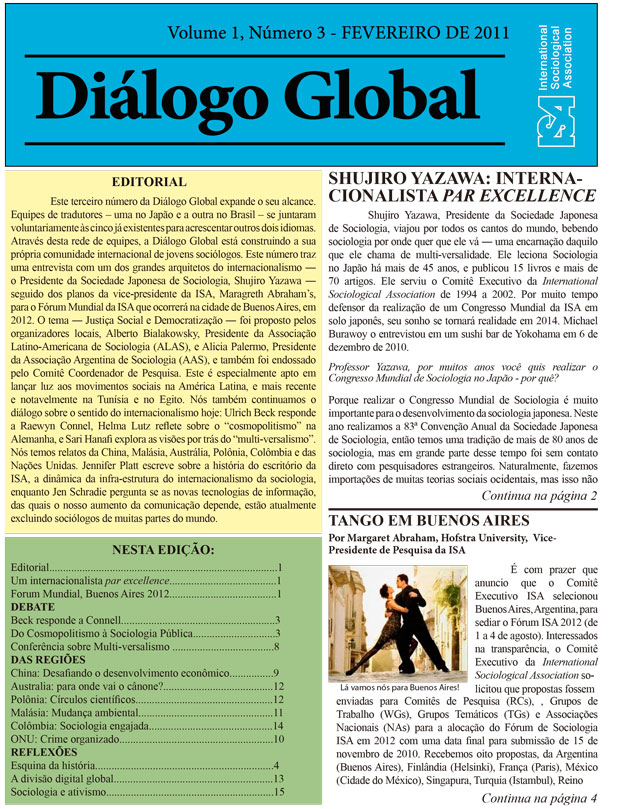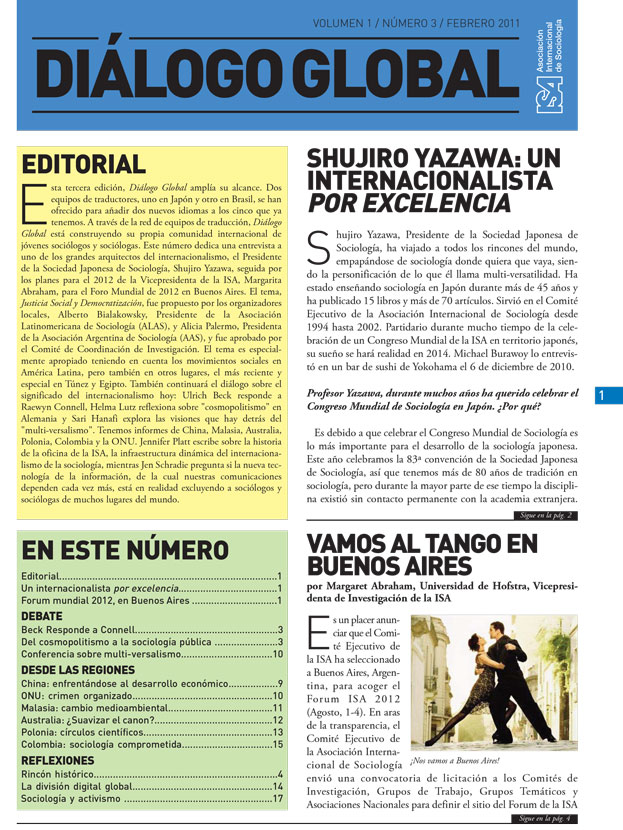There are 15 sociology programs in Colombia, 6 in private and 9 in public universities. Professional sociology emerged in 1959 paying special attention to rural topics, political issues, social change and the analysis of the state. In the decades that followed, sociological interests expanded to include industrial and urban sociology as well as the sociology of culture. The need to refocus on national problems of violence and social fragmentation led to the quest for new methodologies in the 1970s, including “participatory action research”. In 1969, there was a political crisis that led to the consolidation of the discipline around grand sociological theories.
In the 1990s, the disicipline reemerged with the creation of new sociology programs in the country. In the last fifteen years, the number of active programs has grown from 5 to 15. Most of these are lodged in Colleges of Social Sciences and Humanities, which create possibilities for interdisciplinary exchange. Of these programs 60% are 10 semesters long, while 40% are 8 semesters long, each requiring an average of 155 credits. Almost half of these programs emphasize applied research or social intervention. Professionalization is centered around the idea of transforming society and contributing to the understanding, analysis and solutions of problems in Colombia.
In Colombia, there are at least 22 research centers that include sociology and around 75% of these are attached to public universities. Sociological training focuses on methodology (25%), interdisciplinary courses (25%), sociological topics (18%) and theory (15%). Methodology courses balance quantitative and qualitative approaches and there is an increased interest in taking management and social policy courses. Theory courses are still strongly focused on the works of Marx, Weber and Durkheim who are taught in 9 out of 15 programs.
This brief comparison shows us that Colombian sociology has had a long trajectory and faces important challenges. There is potential for growth, as illustrated by the increasing interest of several academic organizations to work within a sociological framework. There are also, at least, three areas for improvement: 1) the strenghtening of public debate around key issues for the country: the economy, justice, production of public culture; 2) increasing the attention given to new structured and systemic visions of the world that can capture emerging trends; 3) improving and expanding ways of reaching out into people’s lives. We need to create forms of dialogue that can be read not only by our colleagues, but by legislators and social actors. Sociology is well-equipped to create these connections, maybe due to its universalistic pretensions derived from philosophy or maybe because this is what defines sociology. We have to create intelligible forms of action in collaboration with others. We need sociologists who can think and make these connections, who can intuitively recognize them or invent them in theory and in practice.
Ana Lucía Paz Rueda, Icesi University, Colombia
